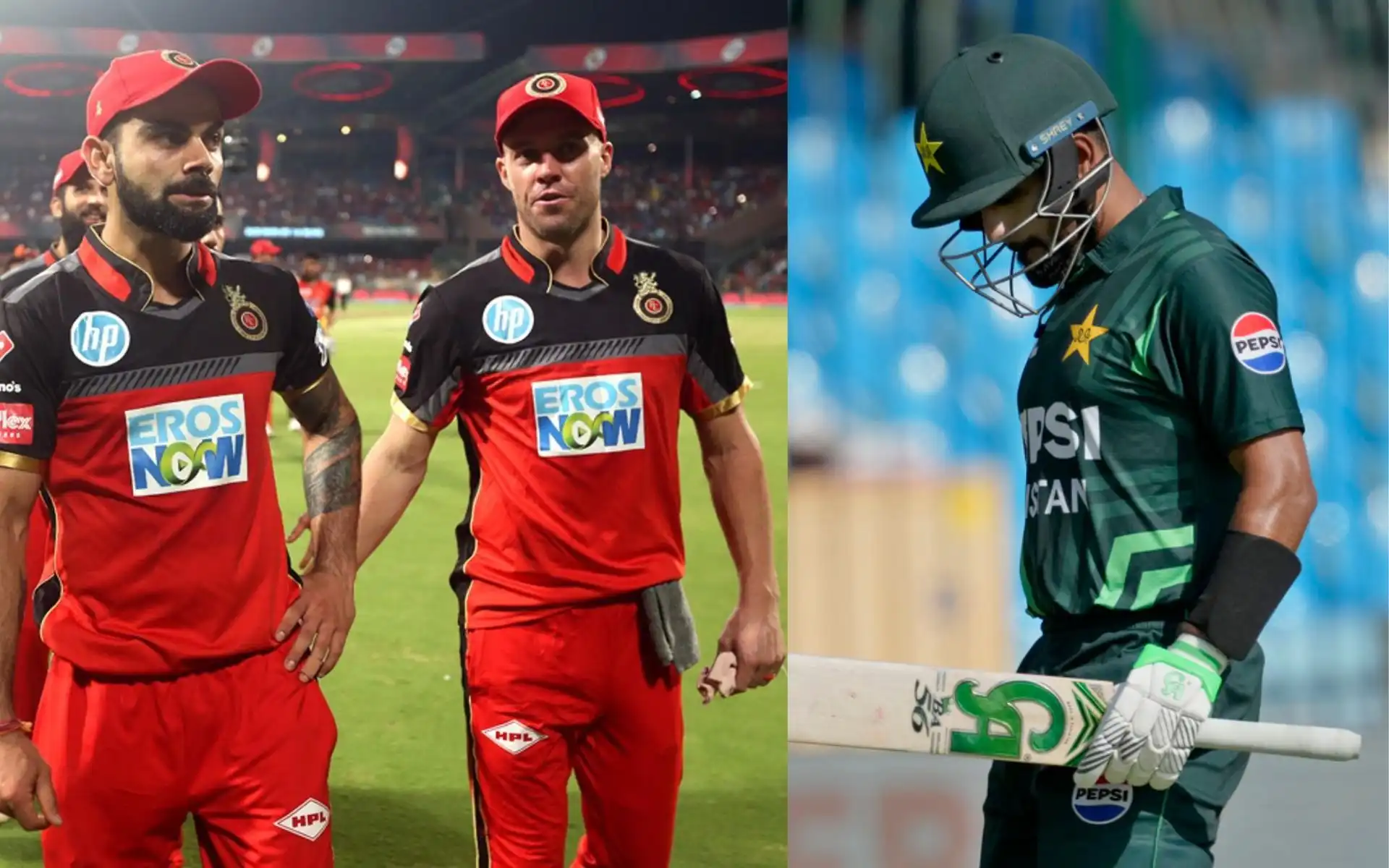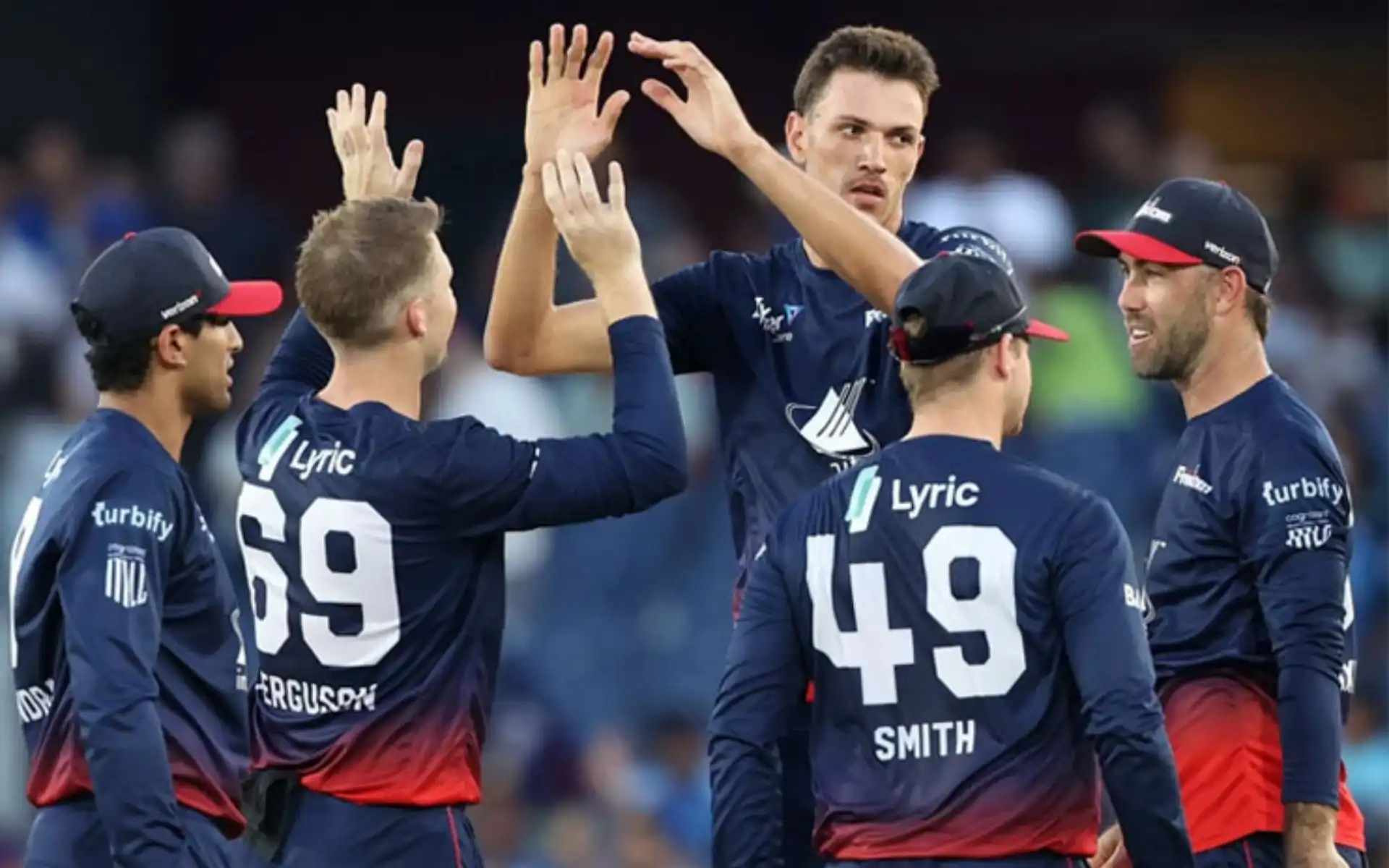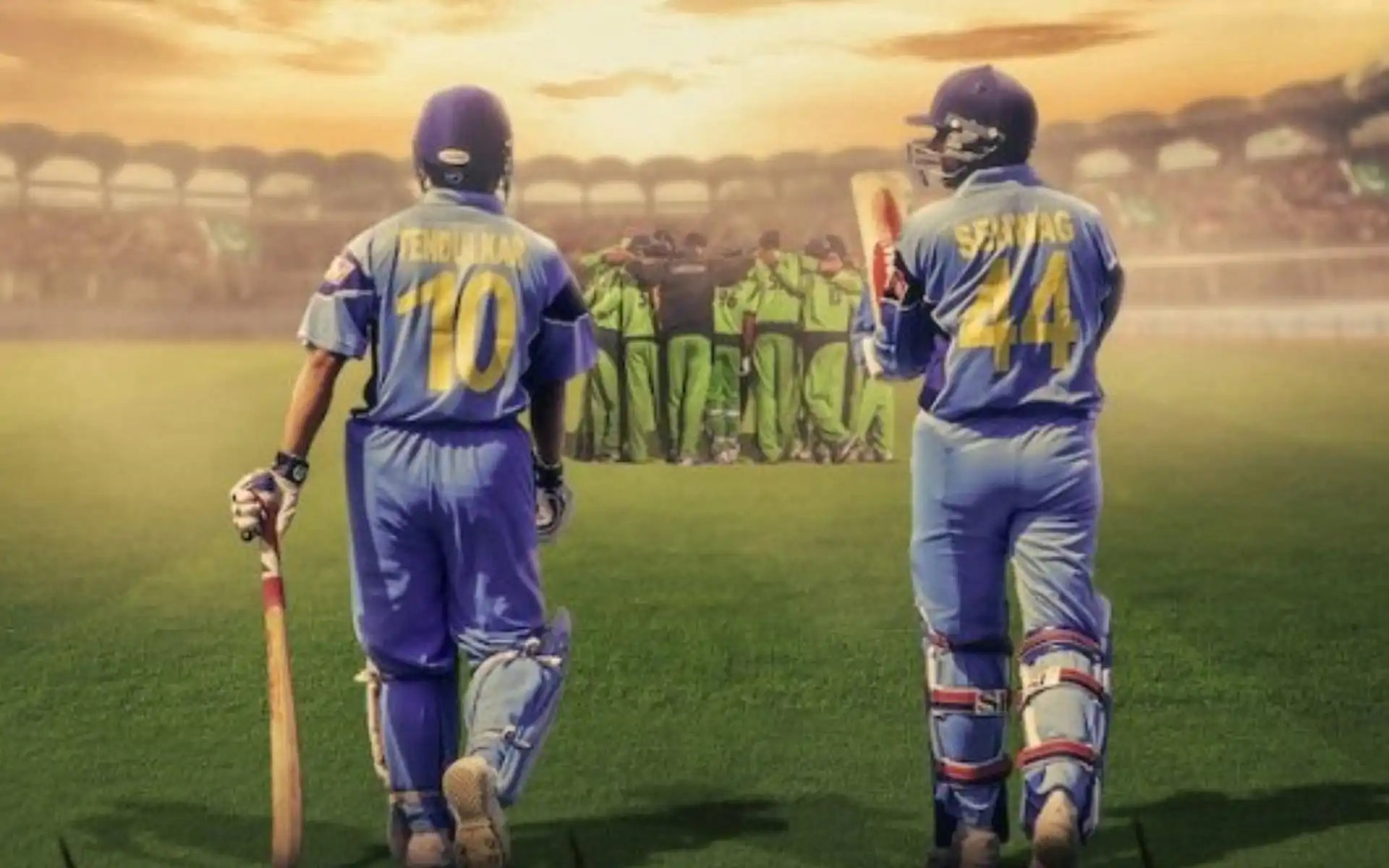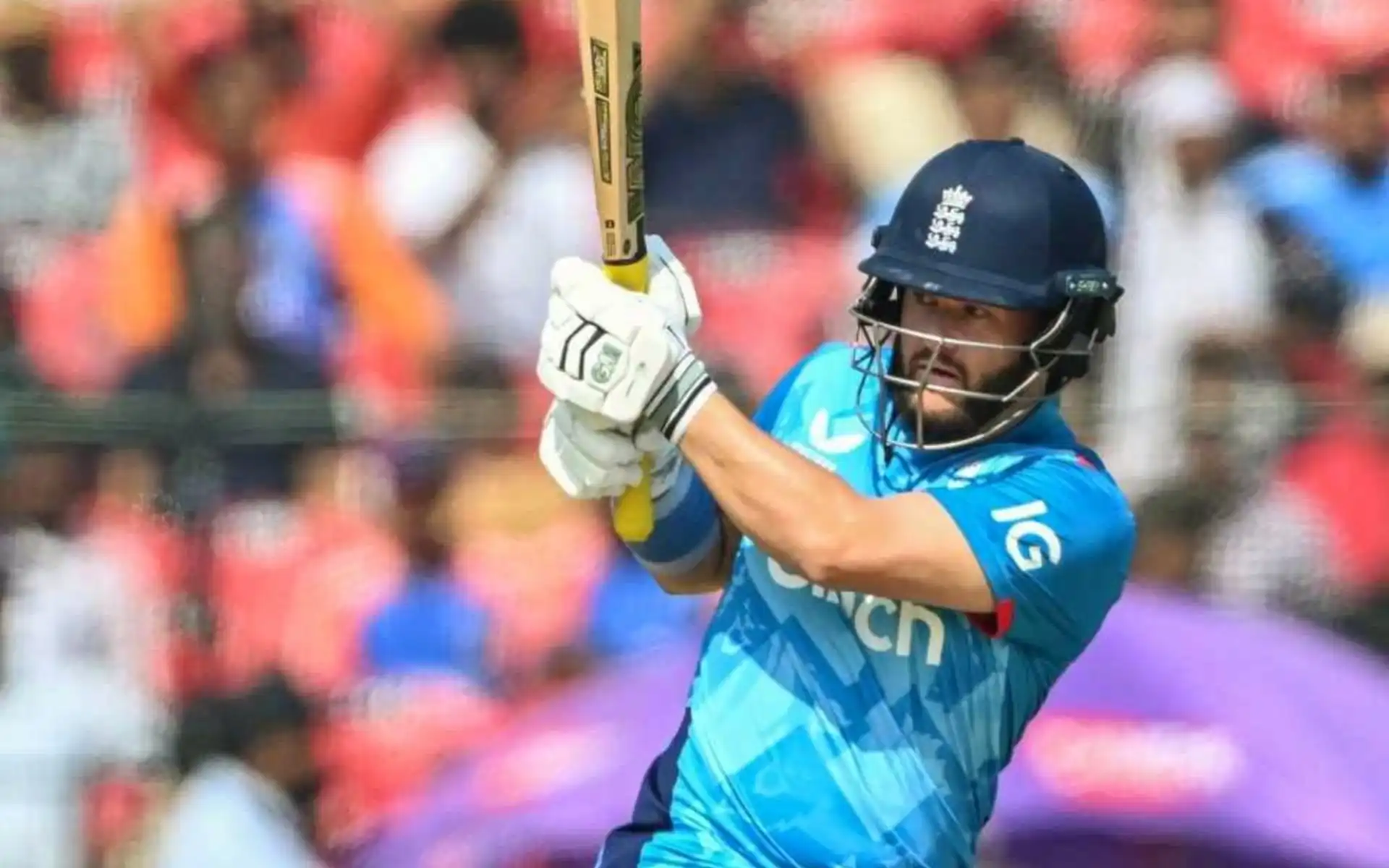.jpg?type=mq) BCCI rules and regulations (Source:@Sandeep49165740,x.com)
BCCI rules and regulations (Source:@Sandeep49165740,x.com)
The Board of Control for Cricket in India (BCCI) has established a comprehensive set of rules and regulations to govern Indian cricket, ensuring fair play, discipline, and professionalism.
These regulations cover player contracts, domestic and international participation, fitness standards, code of conduct, anti-corruption measures, and selection policies.
The BCCI also enforces strict guidelines on player workload management, participation in overseas leagues, and endorsement deals to maintain the integrity of Indian cricket.
BCCI's Contract Rules
(1).jpg?type=mq) BCCI's Contract Rules (Source:@major_pawan,x.com)
BCCI's Contract Rules (Source:@major_pawan,x.com)
The BCCI has established a central contract system for Indian cricketers, dividing players into four grades :A+, A, B, and C—based on performance, consistency, and contributions to the team.
As of the 2024-25 season, the annual retainerships are structured as follows: Grade A+ players earn ₹7 crore, Grade A players receive ₹5 crore, Grade B players are compensated with ₹3 crore, and Grade C players earn ₹1 crore.
Players under these contracts must commit to representing India, participate in BCCI-approved tournaments, and comply with anti-doping regulations, reinforcing the integrity of the sport.
BCCI's's IPL Rules
.jpg?type=mq) BCCI's's IPL Rules (Source:@IPL,x.com)
BCCI's's IPL Rules (Source:@IPL,x.com)
BCCI has implemented new rules for the IPL: Each playing member, including the Impact Player, will receive INR 7.5 Lakhs per match, in addition to their contract.
Overseas Player Registration: Overseas players must register for the Big Auction. Failure to register makes them ineligible for the following year’s auction.
Ban for Unavailability: Players who register but then become unavailable before the season will be banned from the tournament and the auction for two seasons.
Capped to Uncapped: An Indian capped player will be considered uncapped if they haven’t played in the starting XI of any International matches or do not hold a Central Contract with BCCI in the last five years.
Impact Player Regulation: This will continue from 2025 to 2027. Teams can have a maximum of 25 players (minimum 18) and up to 8 overseas players, with only 4 allowed in the playing XI.
Salary Cap: Teams must follow BCCI’s salary cap while building their squads.
Player Trading: Players can be traded during the official trading window before the season.
Slow Over-Rate Penalties: Extra fielders will be required in the circle for slow over-rates.
Anti-Doping: Regular anti-doping tests will be conducted, with violations leading to suspensions.
Injury Replacements: Injured players can be replaced mid-season with BCCI approval.
Overseas League Participation: Players with IPL contracts cannot play in overseas T20 leagues without permission.
BCCI's Rules For Players
(1).jpg?type=mq) BCCI's Rules For Players (Sourc:@ImTanujSingh,x.com)
BCCI's Rules For Players (Sourc:@ImTanujSingh,x.com)
Players must travel with the team for matches and practice sessions. Travelling separately with family is discouraged to ensure team bonding and discipline. Special cases require pre-approval from the Head Coach and Selection Committee.
All players must attend practice sessions completely and travel together as a team. Players cannot participate in personal endorsements or photo shoots during a tour. Players can no longer bring personal staff like chefs, security guards, or assistants on tours unless explicitly approved by the BCCI.
There’s now a strict baggage limit to avoid logistical issues and additional costs:
Away long-duration tours (more than 30 days):
- Indian Players: 5 pieces (3 suitcases + 2 kit bags) OR up to 150 kg.
- Support staff: 3 pieces (2 big + 1 small suitcase) OR up to 80 kg.
Away short-duration tours (less than 30 days):
- Indian Players: 4 pieces (2 suitcases + 2 kit bags) OR up to 120 kg.
- Support staff: 2 pieces (2 suitcases) OR up to 60 kg.
Home series:
- Indian Players: 4 pieces (2 suitcases + 2 kit bags) OR up to 120 kg.
- Support staff: 2 pieces (2 suitcases) OR up to 60 kg.
While family visits are allowed during long overseas tours, they come with strict guidelines:
- Eligibility: Families can join if the player is away for over 45 days.
- Duration: One visit per series, lasting up to two weeks.
- Costs: Shared accommodation is covered by the BCCI; other expenses must be paid by the player.
BCCI's Rules For Guest Players
.jpg?type=mq) BCCI's Rules For Guest Players (Source:@major_pawan,x.com)
BCCI's Rules For Guest Players (Source:@major_pawan,x.com)
The Board of Control for Cricket in India (BCCI) allows a maximum of 3 guest players in Senior Men and Women squads. Only three guest players can be included in a team's playing eleven. No Guest Players will be allowed for age group teams.
Guest players must be from outside the association's jurisdiction.To transfer from one association to another, a player must email the BCCI's Hon. Secretary. The player must include a no-objection certificate (NOC) from their previous association and an acceptance letter from the new association.
The guest players will only be paid a match fee and no extra sum from the state or board.
BCCI's Bat Rules
.jpg?type=mq) BCCI's Bat Rules (Source:@TheIndianExpress,x.com)
BCCI's Bat Rules (Source:@TheIndianExpress,x.com)
BCCI's bat rules conform to ICC regulations, stating that a bat's blade must not exceed 4.25 inches (10.8 cm) in width, 2.64 inches (6.7 cm) in depth, and 1.56 inches (4.0 cm) in edge thickness. Bats must also fit a specific 'home-shaped' gauge to ensure compliance. These size regulations were enforced with on-field checks in IPL 2025 to prevent illegal oversized bats and uphold fair play.
BCCI's Anti-Doping Rules
.jpg?type=mq) BCCI's Anti-Doping Rules (Source:@ImTanujSingh,x.com)
BCCI's Anti-Doping Rules (Source:@ImTanujSingh,x.com)
Players who will be required to provide Samples for Testing will be selected predominantly by way of target selection or, less frequently, through random selection. Failing to submit or dodging sample collection per notification will lead to a violation.
Presence or traces of banned substances in the sample will lead to a violation.
Following are the sanctions which can be imposed upon the player if found guilty:
If the player is found to be involved in doping during any of the ICC events then all the results due to that individual player shall be cancelled. The Rankings and points achieved would stand cancelled.
The imposition of a period of Ineligibility: The period of ineligibility shall be 2 years and during this period the player would be banned from participating in any ICC events. However, the punishment can be quashed midway after observing the response of the guilty during the first year of the ban.
BCCI's Conflict Of Interest Rules
.jpg?type=mq) BCCI's Conflict Of Interest Rules (Source:@MoolChad301,x.com)
BCCI's Conflict Of Interest Rules (Source:@MoolChad301,x.com)
BCCI's conflict of interest rules prohibit individuals from holding multiple roles, such as player, commentator, selector, team official, and administrator, to ensure fairness. Conflicts are either tractable, resolved by disclosure and recusal, or intractable, requiring removal from the position.
BCCI's Fall On Rule
(1).jpg?type=mq) BCCI's Fall On Rule (Source:@BCCI,x.com)
BCCI's Fall On Rule (Source:@BCCI,x.com)
The 'Fall On Rule' is likely a mistake for the 'Follow-On' rule in cricket. This rule allows the leading team to make the opposition bat again if they have a lead of 200 or more runs in Test cricket.
FAQs: BCCI's Rules
Q.1 What are the rules of Indian cricket?
Answer: BCCI has a rule book and constitution in place to regulate Indian cricketers. The constitution contains several guidelines for players, match officials, and other board members.
Q.2 What is rule number 7 in the BCCI?
Answer: The rule number 7 issued by the IPL governing body states that any player who hasn’t played an international game in the past 5 years prior to the auction, can be retained in the uncapped category.
Q.3 What is the new policy of BCCI?
Answer: BCCI has reportedly issued 10 new guidelines for players on overseas tours. The rules include players not being allowed to travel separately, not being allowed to carry personal chefs and also not allowed to carry extra luggage. Moreover, the BCCI has put a cap on families travelling with the team during the tour.
Q.4 Does BCCI control IPL?
Answer: Yes, the Board of Control for Cricket in India (BCCI) controls the Indian Premier League (IPL). While the IPL operates as a separate entity with its own governing council, it functions under the jurisdiction of BCCI.
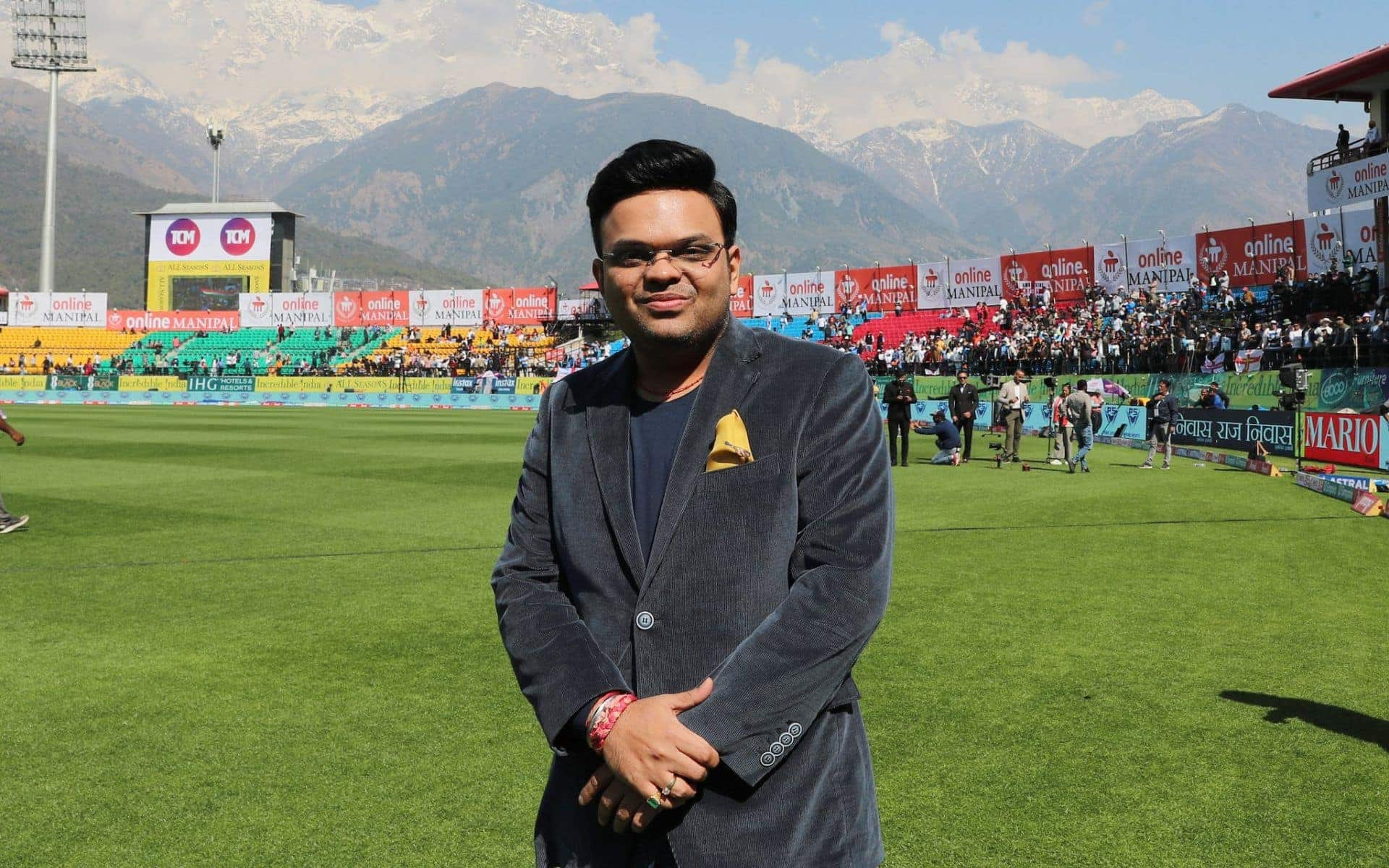
.jpg)
